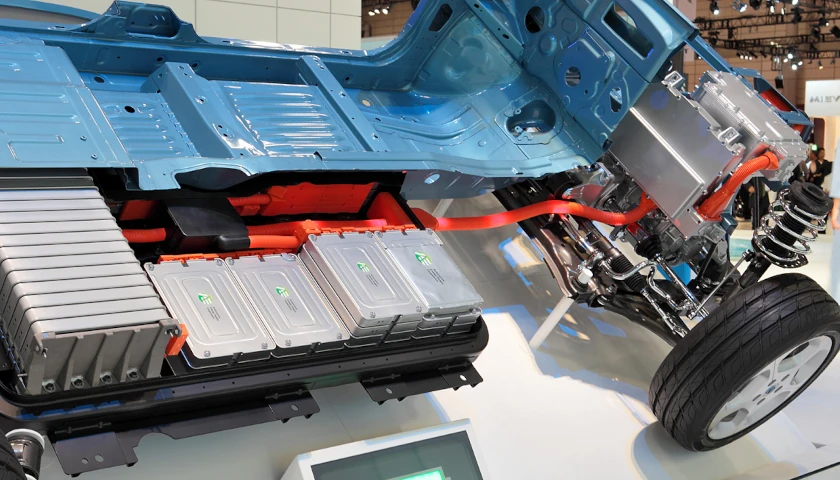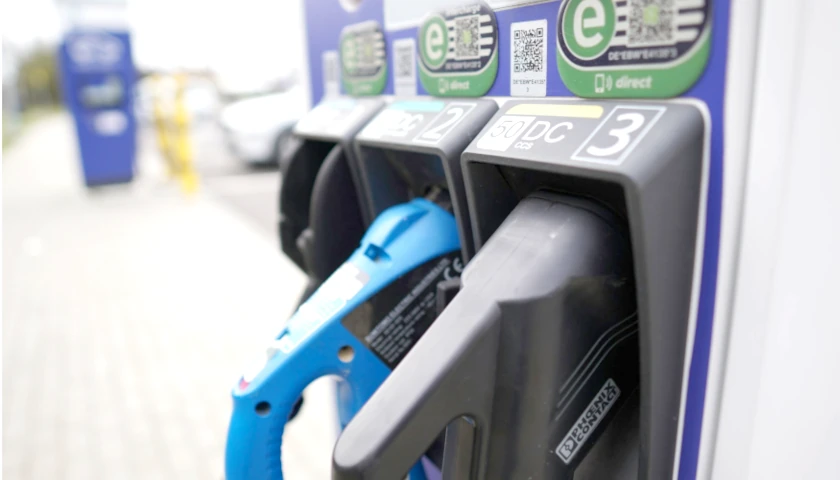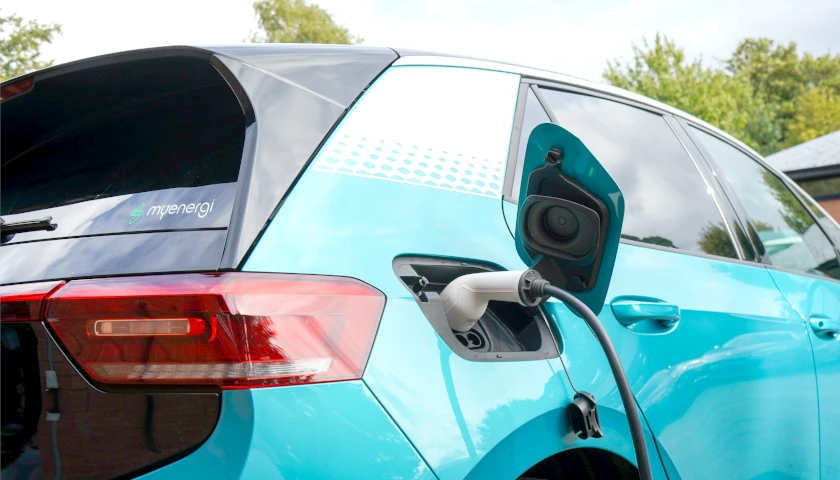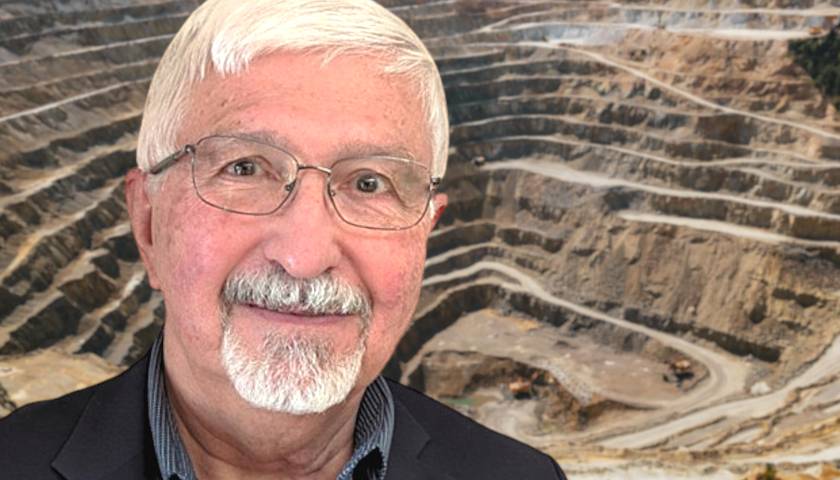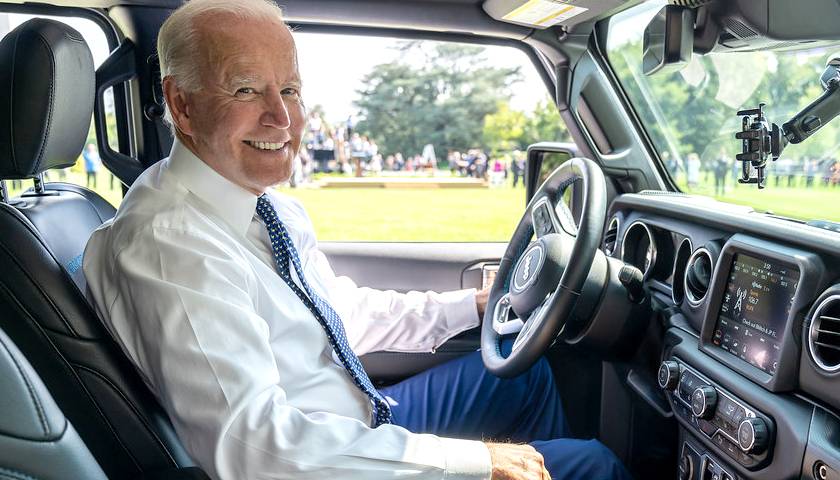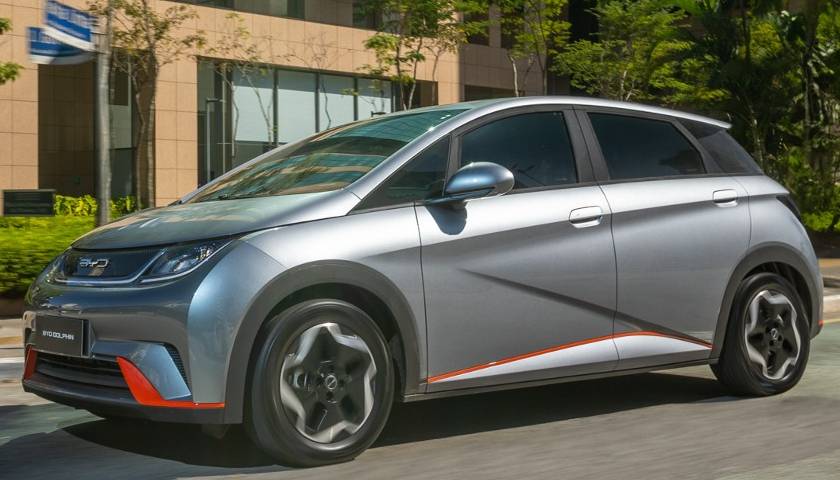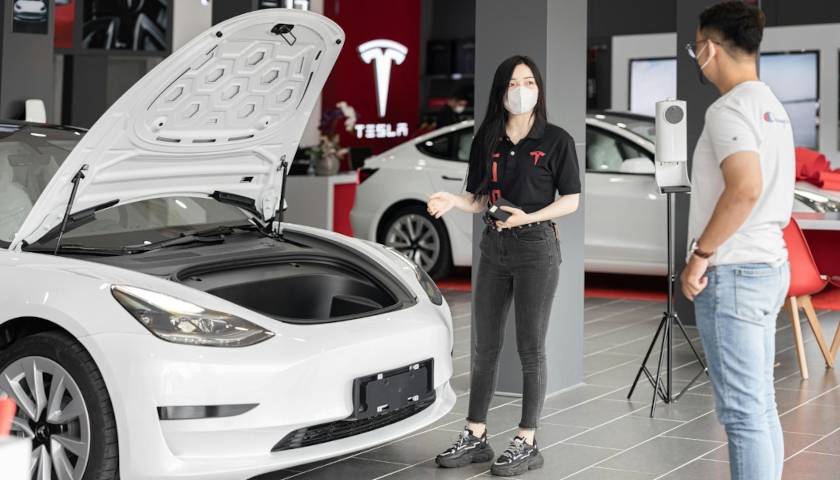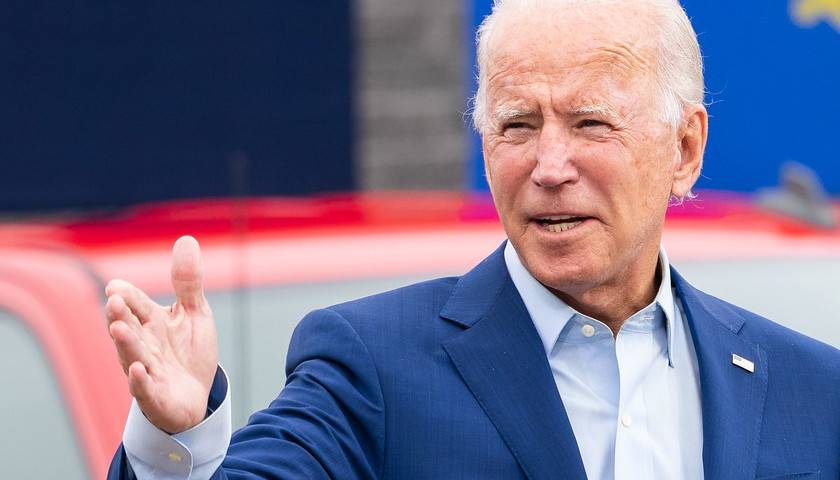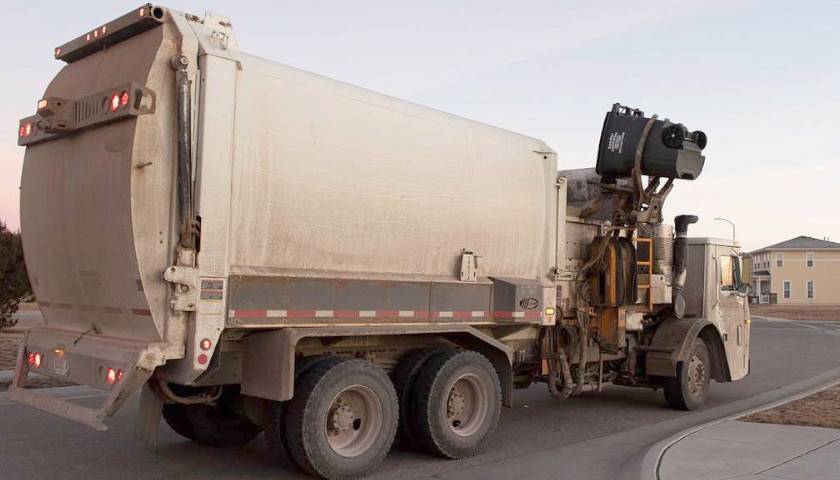The lithium-ion batteries that are essential to the green energy transition are an “unrecognized and potentially growing” source of chemical pollution, according to a new study published in Nature.
The study sought to fill in knowledge gaps about whether or not chemicals used in lithium-ion battery components can pose environmental hazards, a key question given that Western policymakers are relying on the technology to help replace fossil fuel-fired infrastructure and meet long-term emissions reductions targets. After conducting “a cradle-to-grave evaluation” on the subject and collecting dozens of samples in the U.S. and Europe, the study’s authors “[confirmed] the clean energy sector as an unrecognized and potentially growing source” of chemical pollution, and that the growing prominence of lithium-ion batteries around the world makes pollution from their waste “an issue of global concern.”
Read More